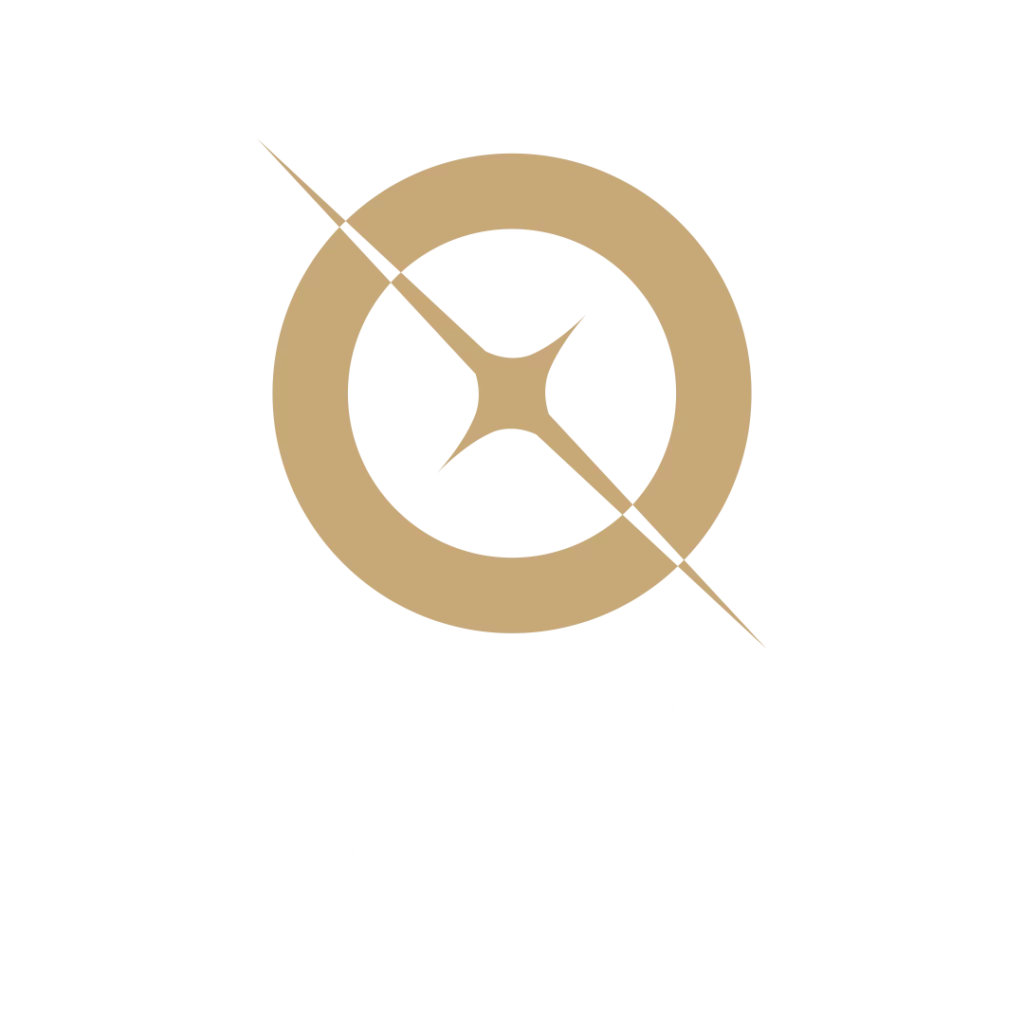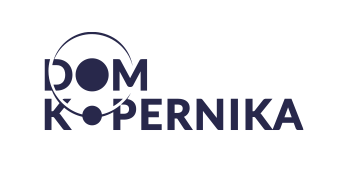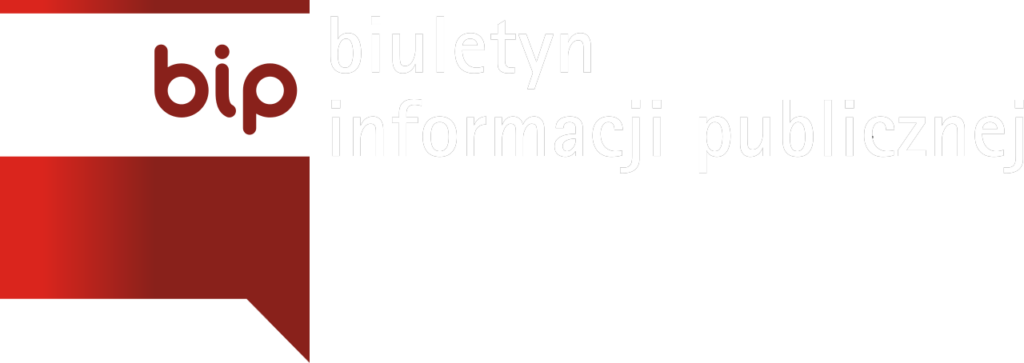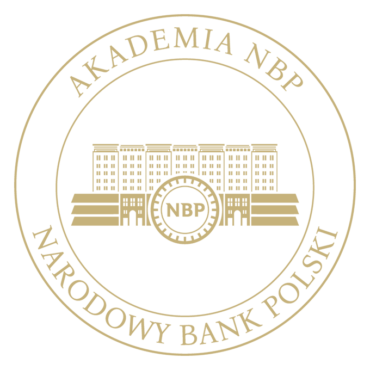SGMK Doctoral School
Boasting a prestigious scientific category of B+, the SGMK NICOLAUS COPERNICUS SUPERIOR SCHOOL holds the authority to confer doctoral and post-doctoral degrees in disciplines such as economics and finance, legal sciences, philosophy, theological sciences, astronomy, and medical sciences. What sets us apart is our international faculty hailing from renowned institutions like Cambridge, Harvard, Princeton, Oxford, and NASA. The international assembly of eminent experts, leaders, and scientists, forming the Nicolaus Copernicus Academy, provides a robust staffing foundation for all five colleges within the SGMK.

SGMK NICOLAUS COPERNICUS SUPERIOR SCHOOL Doctoral Program - Overview
SGMK Doctoral School: General Information
The SGMK Doctoral School, accredited with the esteemed B+ scientific category, possesses the privilege to award the scientific degrees of doctor and habilitated doctor in the following disciplines:
- Economics and Finance;
- Legal Sciences;
- Philosophy;
- Theological Sciences;
- Astronomy;
- Medical Sciences.
Doctoral Studies at SGMK
- Engaging in pertinent scholarly literature study;
- Participation in scientific conferences;
- Preparing publications;
- Successful completion of exams;
- Conducting an individual research project under a supervisor’s guidance;
- Fulfilling a specified educational program.
The SGMK Doctoral School’s educational program encompasses activities in the form of lectures (monographic, specialist), specialized classes, seminars, symposiums, and courses, with selected classes featuring an interdisciplinary character. Studies at the SGMK Doctoral School last six semesters (three years) and are tuition-free.
Objectives of the SGMK Doctoral School
The intended outcome of education at the SGMK Doctoral School is to prepare doctoral students to conduct research processes, realize individual scientific projects, and impart the latest global knowledge concerning Level VIII learning outcomes in the Polish Qualifications Framework. Graduates of the doctoral school will be able to:
- Engage in interdisciplinary scientific dialogues;
- Author scientific texts, comprehend research methods and techniques leading to the effective resolution of research issues.
Thanks to acquired social competencies, the graduate will be capable of:
- Collaborating in teams;
- Delivering engaging presentations of content and numerical data;
- Navigating the realm of modern digital communication tools;
- Implementing acquired knowledge in theory and practice.
The educational objectives of the SGMK Doctoral School also include:
- Enabling doctoral students to attain high competencies and scientific independence in a given field;
- Acquiring qualifications that meet the labor market requirements beyond the academic environment;
- Enabling doctoral students to utilize global scientific achievements and identify the value of presented research works;
- Solving issues, planning, and conducting scientific research, developing their results in the form of publications and presentations during scientific gatherings;
- Developing skills in managing scientific projects, including research team management;
- Preparing doctoral students for independent planning of their scientific development and accepting challenges in the professional and public sphere, considering their ethical dimension and responsibility, with a special focus on Christian values;
- Preparing doctoral students to participate in the exchange of scientific experiences and ideas, also in an international environment;
- Preparing doctoral students to undertake work of a didactic, research, and research-development character.
More about the SGMK Scientific Council:
The Doctoral Studies at SGMK encompass the following components:
-
Comprehensive exploration of literature pertinent to the discipline
2. Participation in scientific conferences
3. Preparation of publications
4. Completion of specified examinations
5. Undertaking an individual research project under the guidance of a supervisor
6. Pursuit of a predefined educational curriculum.
The educational program at the SGMK NICOLAUS COPERNICUS SUPERIOR SCHOOL Doctoral School includes lectures (both monographic and specialized), specialized classes, seminars, symposia, and courses. Selected activities are interdisciplinary in nature, meaning they are centrally organized and executed for all the Colleges, with doctoral candidates from all school disciplines participating simultaneously.
Studies at the SGMK Doctoral School are conducted in hybrid mode, spanning six semesters (three years) and are tuition-free.
Objectives of the SGMK Doctoral School:
The educational journey within the SGMK Doctoral School aims to equip doctoral candidates with the skills required to conduct a research process, execute individual scientific projects, and impart cutting-edge global knowledge aligned with Level 8 of the Polish Qualifications Framework.
A graduate of the doctoral school will be adept at engaging in interdisciplinary scientific dialogue, authoring scholarly papers, and possessing a thorough understanding of research methodologies and techniques that drive effective scientific problem-solving.
Owing to their cultivated social competencies, the graduate will be proficient in team dynamics, mastering the art of presenting content and numerical data compellingly. They will be well-versed in the domain of modern digital communication tools and able to apply acquired knowledge in both theoretical and empirical realms.
The educational goals of the SGMK Doctoral School further encompass:
- Ensuring doctoral candidates attain high expertise in their respective fields and foster academic autonomy.
- Preparing doctoral candidates for roles that encompass teaching, research, and research-development activities.
- Empowering candidates with the ability to leverage global scientific achievements and discern the quality of presented research works.
- Problem-solving, planning and executing scientific research, synthesizing results into publications, and showcasing findings at scientific conferences.
- Instilling skills in managing scientific projects, including leading a research team.
- Preparing doctoral candidates for independent academic growth, embracing challenges in professional and public spheres with an understanding of their ethical dimensions and responsibilities, especially emphasizing Christian values.
- Grooming doctoral candidates to partake in the exchange of scientific experiences and ideas, even in international settings.
- Equipping them with qualifications that meet the job market’s requirements beyond the academic realm.




